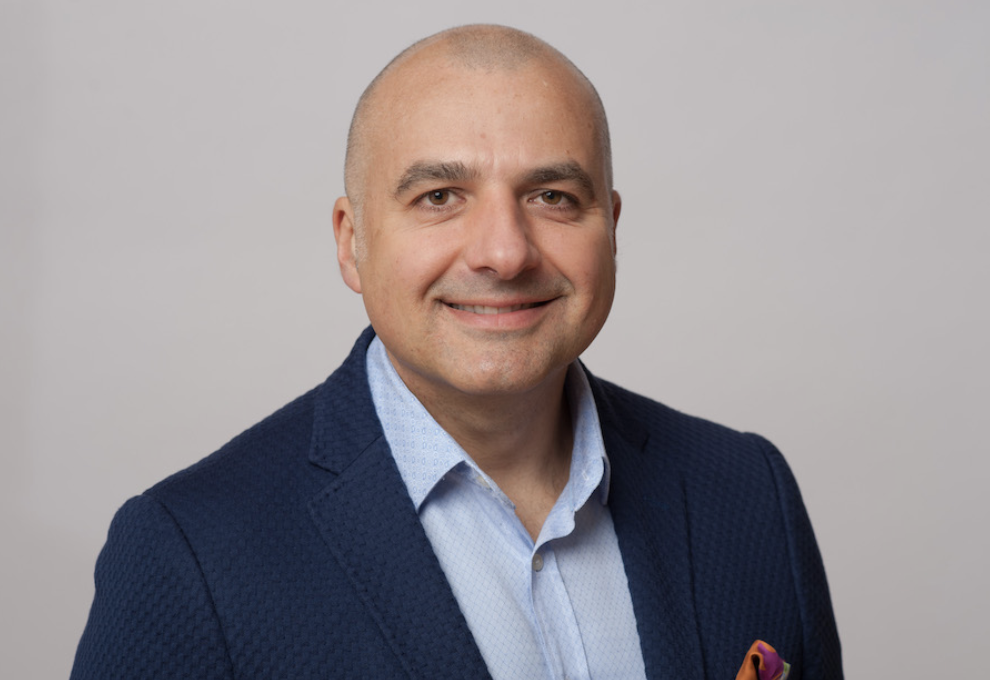Bogomil Balkansky is a Partner at Sequoia Capital, an American Venture Capital firm focused on technology investments. He previously was a Vice President at Google and holds a bachelor of arts in mathematics from Cornell University and an MBA from Stanford Graduate School of Business.

I recently heard a brilliant interview with Bogomil Balkansky. Balkansky’s words reminded me of my own vision to lead product operations at a company while in a fully remote position. Given this goal, I thought it would be prudent and useful to share his insights with you. If you have a long-term aspirations to become an executive, and to leverage your passion for identifying and solving problems to build and grow new businesses, this guidance will be particularly useful.
Context and Ambition
I was born in Bulgaria. I was fortunate enough to finish high school a year after the collapse of the Berlin Wall and it was possible for someone like me to leave the country for the first time and come to the United States to get an education. My parents were workaholics but in a communist country there was no value in becoming a workaholic. My mom was a seamstress, and my father was a mechanic for the engine. They taught me so much.
During the very height of the dotcom wave I found myself at Stanford, and eventually made a career in the tech industry. I have always worked at B2B tech companies in product management and product marketing: a few startups, a few bigger businesses, such as VMware or Google.
The three people who stand out as great mentors are Kamal Shah, who was my boss at Siebel Systems (now he is the CEO of Stackrox – a Sequoia portfolio company), and Raghu Raghuram who was my boss and mentor at VMware for eight years, and Diane Greene who doesn’t need an intro.
Software Eats The World
Every business is now a software company, and across the value chain, B2B software is evolving dramatically – from how it is designed, how it is distributed to consumers, to how it is serviced to supported.
Technology teams are using new coding methods and processes; open source has become the de facto standard on how to develop apps. All those disruptions generate exciting opportunities for investment. I prefer to create lifelong relationships because I respect loyalty.
Personally I seem to be very loyal and I act in ways that seem to elicit loyalty in others. I’ve had some friends I’ve known since grade one, or before. We may now live on different continents, but we are finding ways to stay in touch. I take a particular interest in human development.
Many people in this business seem to believe it’s all about the product. It is absolutely necessary to have an excellent product but not an adequate condition for the success of a business. Most B2B company development teams know how to create a development, but still flail when it comes to placing the product in the customer’s hands.
Executing With Executive Focus
I’ve been in the trenches for 20+ years of my career as an operating executive and I’ve fought many of the fights that founders are battling or will have to fight for. And I have a strong appreciation for what they face because of the organizational experience.
There are three places where I can be of special support to creators. The first is interpersonal, group, and organizational dynamics, which I believe is 80 percent of what businesspeople are grappling with. The second one pertains to the function of product management. Every technology firm starts from a founder with a spark of brilliance. And each creator is by definition the first product manager, and the first advocate for how the product will develop.
But as a company develops, the creator needs to create a framework that can reliably and predictably create a high quality product. And there is a big difference between being the person with the sleeves rolled up building the product versus architecting a system that can continue developing the vision of the product and executing on that vision of the product. Another field which I love is product marketing. Taking products to market is the ultimate test of business acumen.
How can you formulate the correct positioning and messaging? How do you speak about your company in an authentic but distinguished way? I did a lot of diving during my sabbatical year, and I got to be face to face with a sperm whale. Imagine this gigantic creature coming to you, practically shaped like a submarine, mouth gaping open! It was an experience so humbling.






